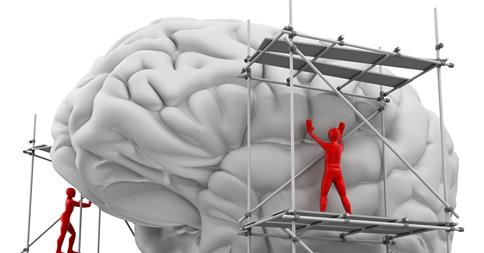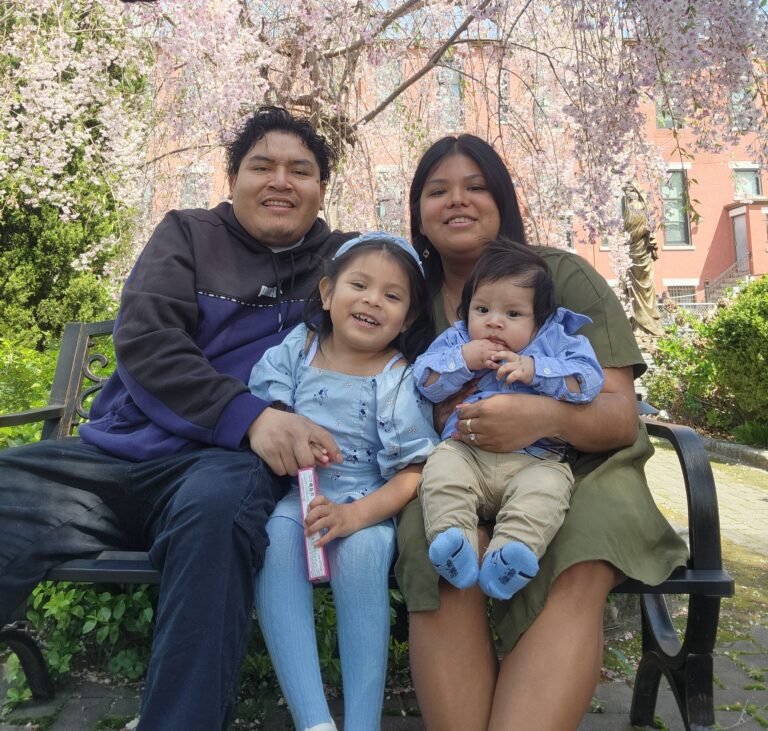 By Joseph Scotto, LCSW-R
By Joseph Scotto, LCSW-R
Vice President, Behavioral Health
I once had a patient who survived the September 11th terrorist attack on the Twin Towers. He was the only one in his office who did. For four hours, his wife couldn’t get in touch with him and believed him to be dead. Both suffered from extreme depression afterward—but both were too ashamed to acknowledge it. How could they be depressed when he, unlike so many they knew, came home? People around them were quick to tell them how they should feel: “You are so lucky,” people would say after hearing of their harrowing experience. Not: “I’m so sorry you went through this.”
I thought of that man and his wife when I heard about the suicide of Kate Spade and then, just a few days later, of Anthony Bourdain. Continue reading













You must be logged in to post a comment.